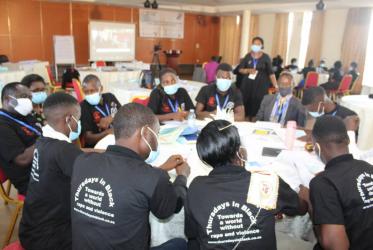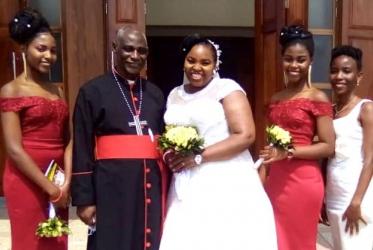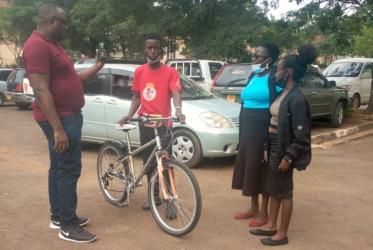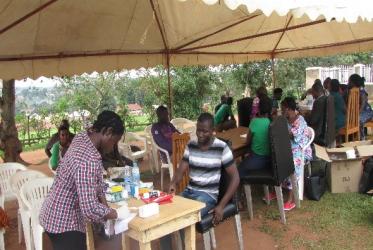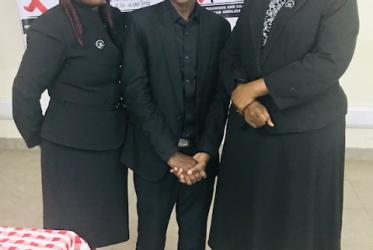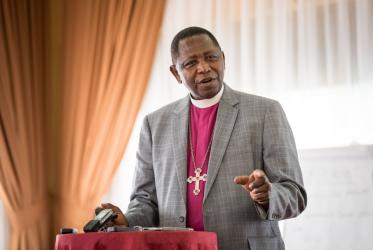Displaying 1 - 20 of 22
In Uganda, resilience and hope overshadow stigma
31 July 2020
Youth leaders: “We will stop at nothing” to end HIV and violence
17 October 2019
Frontline advocates in Uganda are putting a stop to HIV stigma
16 September 2019
WCC treatment manuals address HIV challenges in Uganda
02 August 2019
“God has brought ways of defeating HIV”
31 October 2017
Ugandan Mothers’ Union leader helps overcome HIV
31 October 2017
“Facing the storm of HIV, we can move together, be agents of change”
06 September 2017
